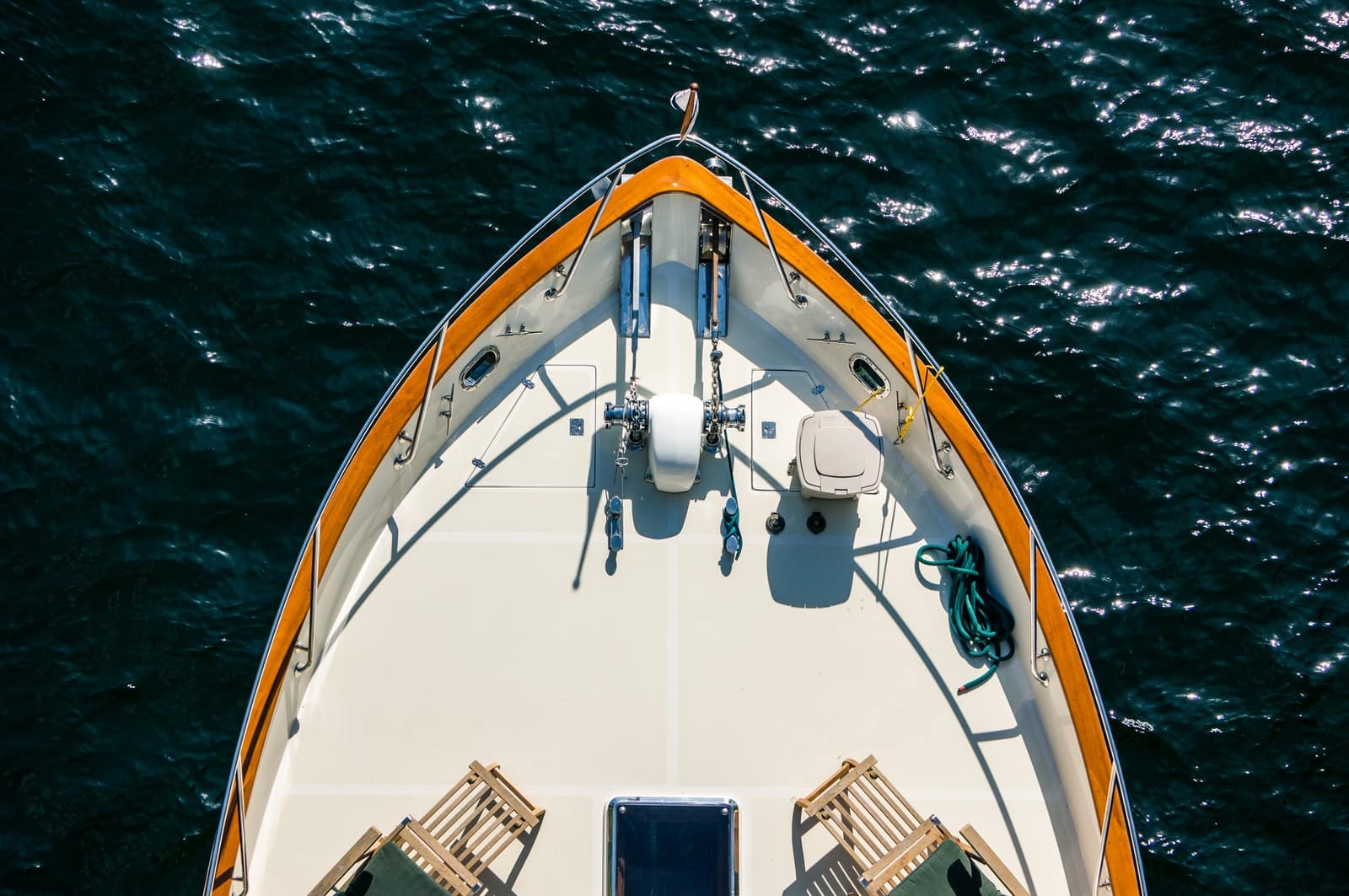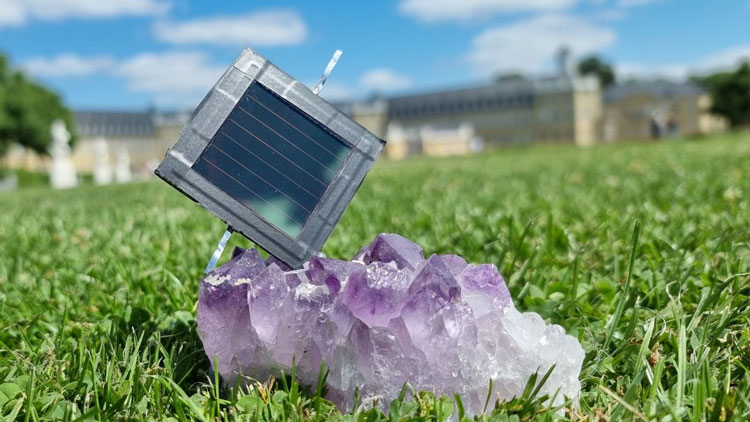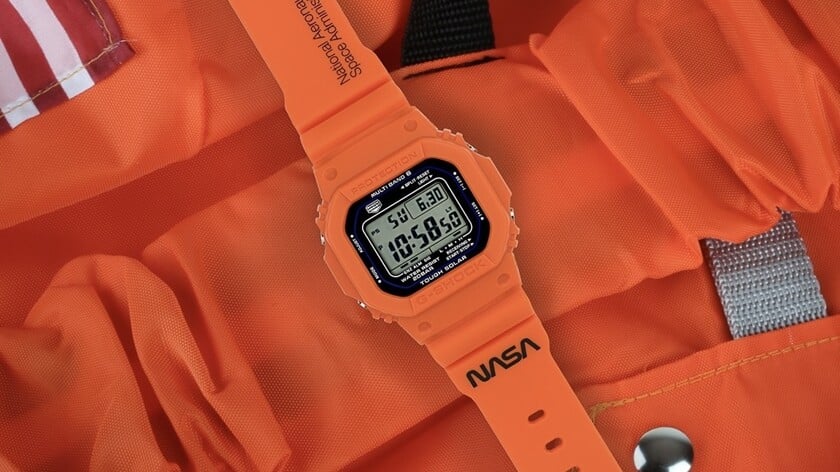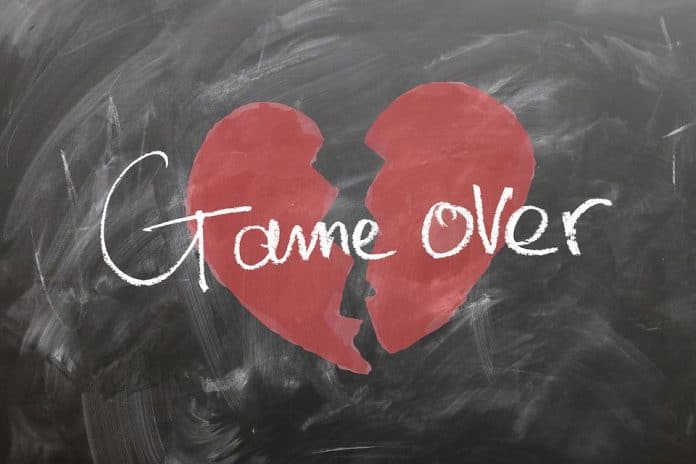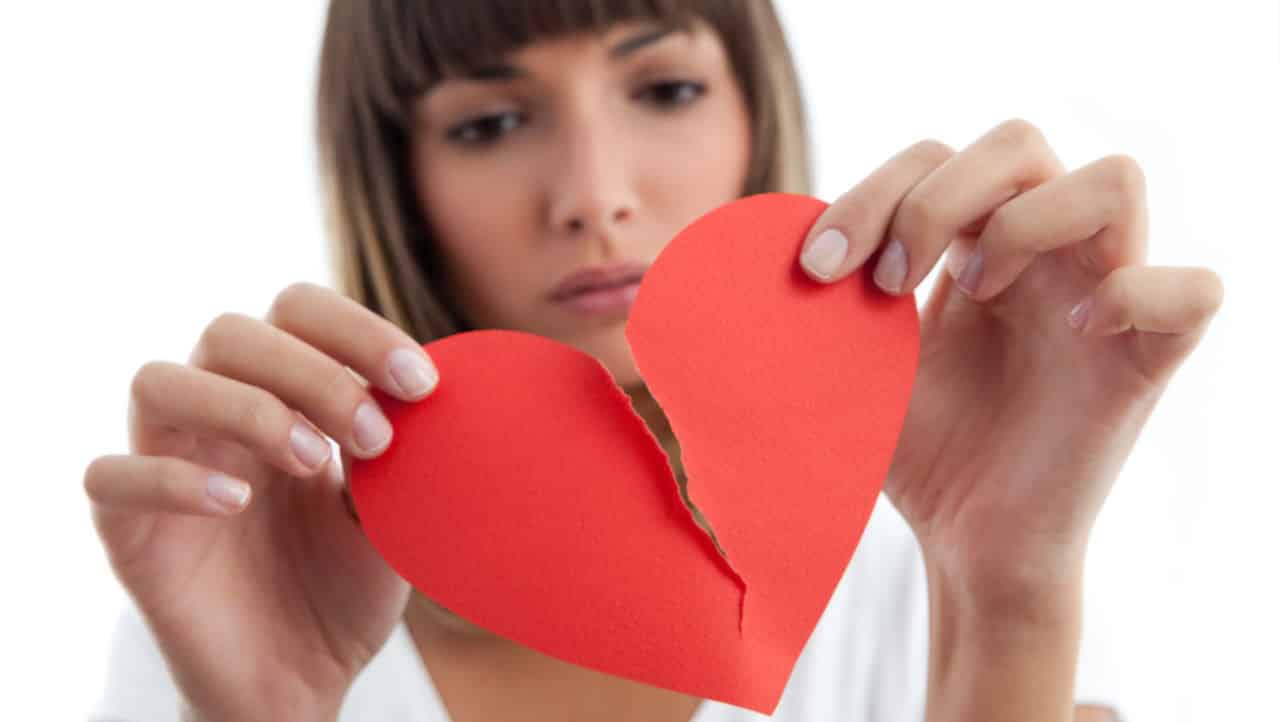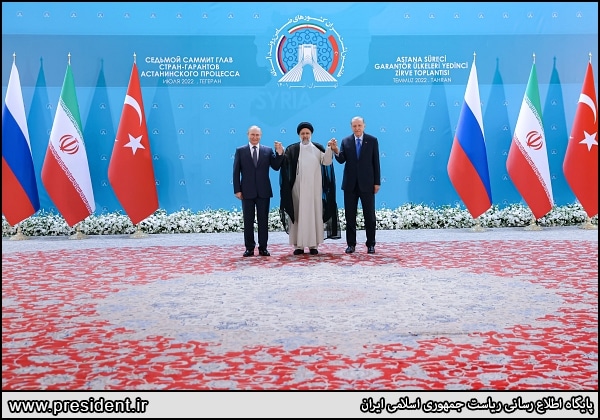It calls for urgent action to ensure people on the move can access healthcare services that are sensitive to their needs.
“Whether by choice or by force, to be on the move is to be human and is part of human life. Whatever a person’s motivation, circumstance, origin or migratory status, we must unequivocally reiterate that health is a human right for all, and that universal health coverage must be inclusive of refugees and migrants,” said Tedros Adhanom Ghebreyesus, the WHO Director General, in the forward to the report.
Challenging times
Globally, there are around one billion migrants, or roughly one in eight people.
Disease, famine, climate change and war have forced people to flee their homelands, and the conflict in Ukraine has helped push the number of displaced people worldwide to more than 100 million for the first time in history.
At the same time, the COVID-19 pandemic continues to disproportionately affect the health and livelihoods of migrants and refugees.
The report, which is based on an extensive review of data from around the world, reveals that refugees and migrants are not inherently less healthy than host communities.
Dirty, dangerous jobs
Their poorer health outcomes are due to the impact of various sub-optimal health determinants such as education, income, and housing, which are compounded by linguistic, cultural, legal and other barriers.
The report underscores that the experience of migration and displacement is a key factor in health and wellbeing, especially when combined with other factors.
A recent analysis of more than 17 million participants from 16 countries across five WHO regions found that migrant workers were less likely to use health services, and more likely to have an occupational injury, when compared with non-migrant counterparts.
Furthermore, a significant number of the world’s 169 million migrant workers globally are employed in jobs that are dirty, dangerous and demanding.
They are at greater risk of occupational accidents, injuries, and work-related health problems than non-migrant workers. The situation is also exacerbated by their often limited or restricted access to, and use of, health services.
Quality data crucial
The report also found that while data and health information about the health of refugees and migrants is plentiful, it is also fragmented and not comparable across countries and over time.
WHO said although migrant populations are sometimes identifiable in global datasets used for SDG monitoring, health data are often missing from migration statistics.
Additionally, migrant status variables are frequently missing from health statistics, making it difficult to determine and track progress for refugees and migrants with regards to the health-related goals.
“It is imperative that we do more on refugees and migrants’ health but if we want to change the status quo, we need urgent investments to improve the quality, relevance and completeness of health data on refugees and migrants,” said Dr Zsuzsanna Jakab, WHO’s Deputy Director-General.
“We need sound data collection and monitoring systems that truly represent the diversity of the world population and the experience that refugees and migrants face the world over and that can guide more effective policies and interventions.”
On the frontlines
Although policies and frameworks do exist that address and respond to the health needs of refugees and migrants, WHO said disparities persist due to a lack of their meaningful and effective implementation.
“Health does not begin or end at a country’s border. Migratory status should therefore not be a discriminatory factor but a policy driver on which to build and strengthen healthcare and social and financial protection. We must reorient existing health systems into integrated and inclusive health services for refugees and migrants, in line with the principles of primary healthcare and universal health coverage,” said Dr Santino Severoni, Director of WHO’s Health and Migration Programme.
The report highlights how refugees and migrants can spark innovations that drive economic and social transformation.
It also draws attention to their extraordinary contributions to frontline response during the pandemic, noting that in several countries under the Organisation for Economic Co-operation and Development (OECD), as many as half of doctors or nurses are foreign born.




